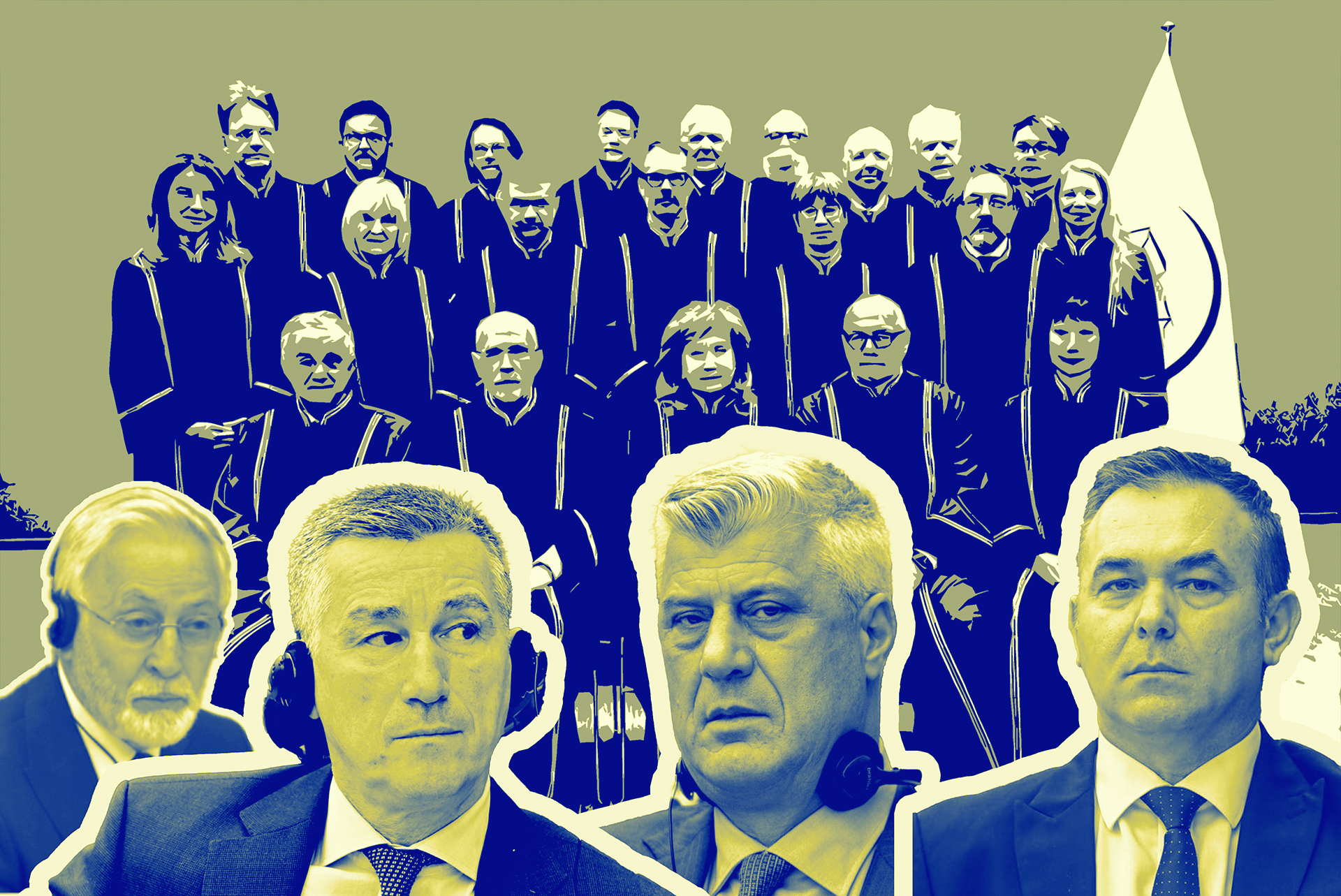
The Kosovo Specialist Chambers reflect Kosovo’s relationship with the West
A dispatch from the trial of Thaçi, Veseli, Selimi and Krasniqi.

Aidan Hehir
Aidan Hehir is a Reader in International Relations at the University of Westminster. His research interests include transitional justice, humanitarian intervention, and statebuilding in the Balkans. He is the author/editor of eleven books and co-editor of the Routledge
Intervention and Statebuilding book series. In 2022 his novel “The Flowers of Srebrenica” was published by Qendra Multimedia.
DISCLAIMERThe views of the writer do not necessarily reflect the views of Kosovo 2.0.
This story was originally written in English.